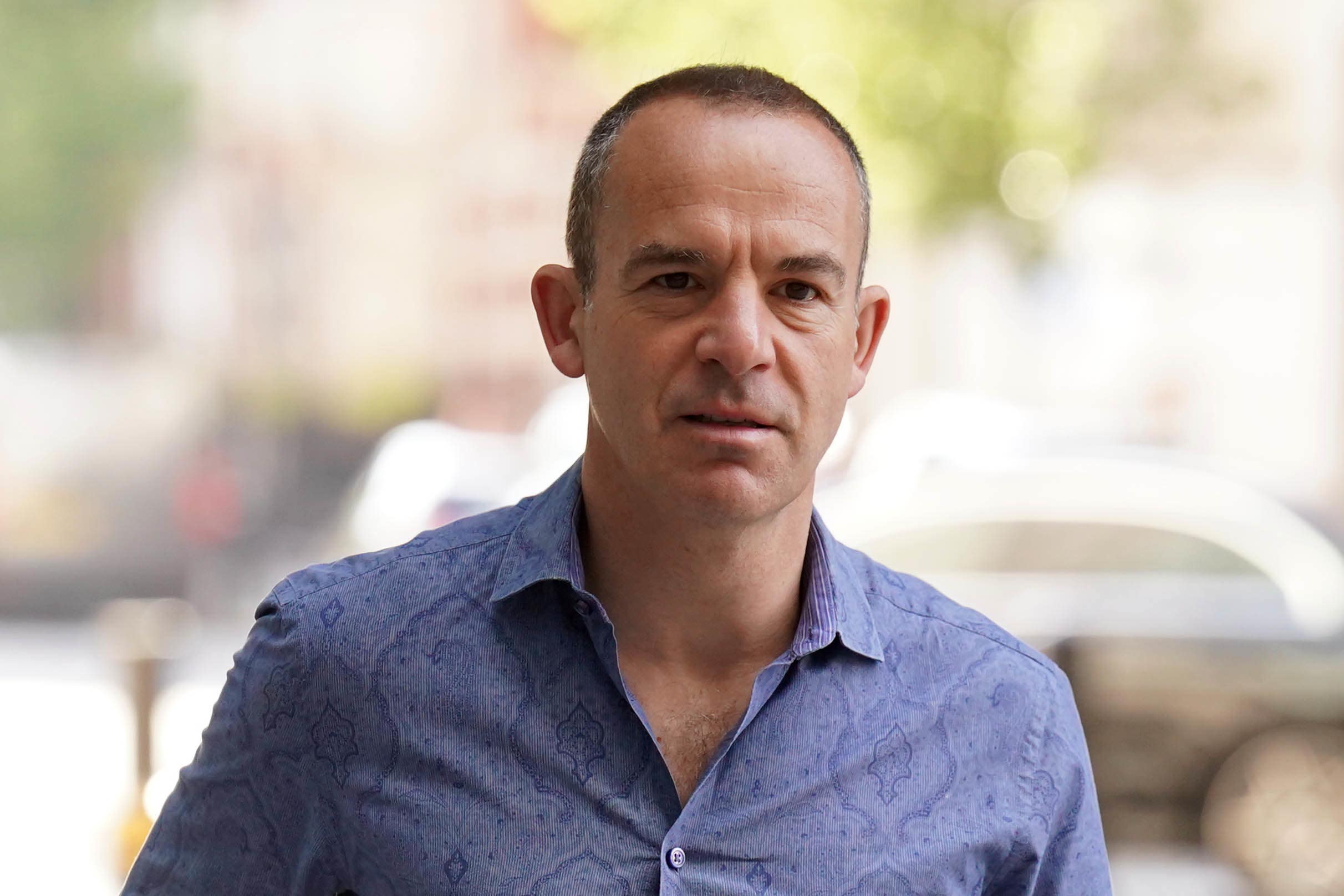Martin Lewis’s top tips for credit card users that could save you hundreds of pounds
Inflation has eased to 6.8 per cent but everyday living costs remain high for millions across the country
Your support helps us to tell the story
From reproductive rights to climate change to Big Tech, The Independent is on the ground when the story is developing. Whether it's investigating the financials of Elon Musk's pro-Trump PAC or producing our latest documentary, 'The A Word', which shines a light on the American women fighting for reproductive rights, we know how important it is to parse out the facts from the messaging.
At such a critical moment in US history, we need reporters on the ground. Your donation allows us to keep sending journalists to speak to both sides of the story.
The Independent is trusted by Americans across the entire political spectrum. And unlike many other quality news outlets, we choose not to lock Americans out of our reporting and analysis with paywalls. We believe quality journalism should be available to everyone, paid for by those who can afford it.
Your support makes all the difference.Inflation may have eased but the cost of living crisis continues to bite for millions of people across the country.
With many day-to-day household costs remaining high, from food to energy bills, it is always useful to find ways to save money.
Martin Lewis is on hand with tips for people with loans or credit cards as he explained how to save hundreds of pounds a year.
In advice posted on his MoneySavingExpert (MSE) website, Mr Lewis warned people with loans or credits and savings are “seriously overspending,” advising them to “pay the debts off, before you save”.
He explained: “£1,000 debt on a credit card at 22% costs £220 in interest over a year. £1,000 saved in a savings account at 3% earns £30 in interest over a year. So pay off the debt with the savings and you’re £190 a year better off.”
Put simply, borrowing always costs more than you earn from your savings.
However, there are two exceptions to the rule. The first is if you’re locked into the debt which means paying it off incurs a penalty, according to MSE.
The second is if the interest rate on your debt is less than the amount your savings earn after tax. In this case, Mr Lewis said “you can profit from building up savings and keep the debts”.

The money mogul advised everyone to have a “sufficient emergency fund” with three to six months’ worth of expenses in savings.
However, he said there is an exception for credit cards.
Mr Lewis cautioned: “If you were to pay off your debt with your savings, but without then cutting up your credit cards, it’s important to keep the credit available in case of a substantial emergency (and substantial means just that, your roof falls in or you can’t feed the kids; not a new TV).”
A similar rule applies to mortgages, though the difference between debt and savings is smaller, Mr Lewis said “you’re still better off using the savings to clear your mortgage debt”.
He added: “Mortgage overpayments are at a 20-year high as a result of interest rate hikes. Overpaying your mortgage should be a serious consideration if you have the cash. Many can save £10,000s.”




Join our commenting forum
Join thought-provoking conversations, follow other Independent readers and see their replies
Comments